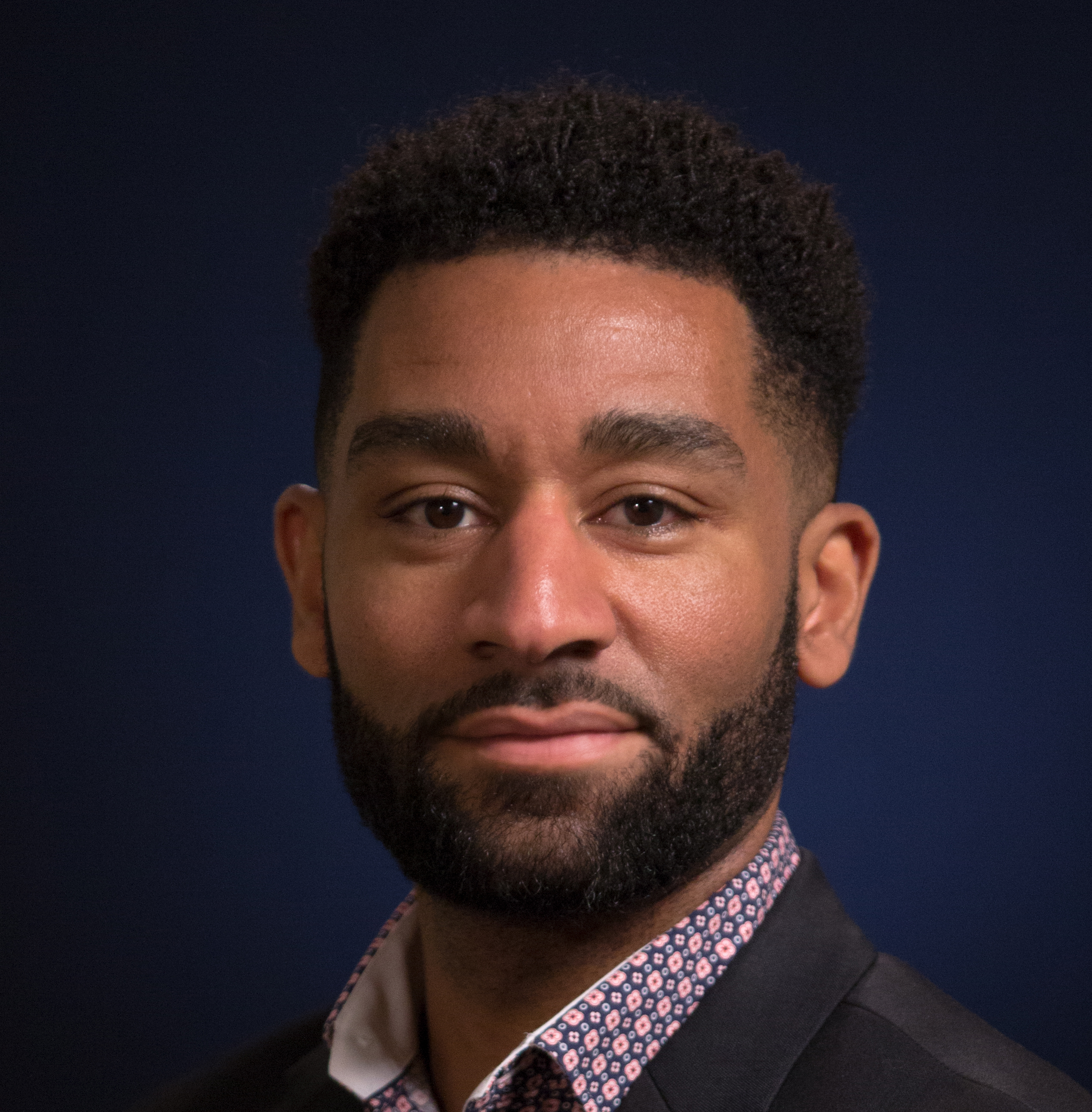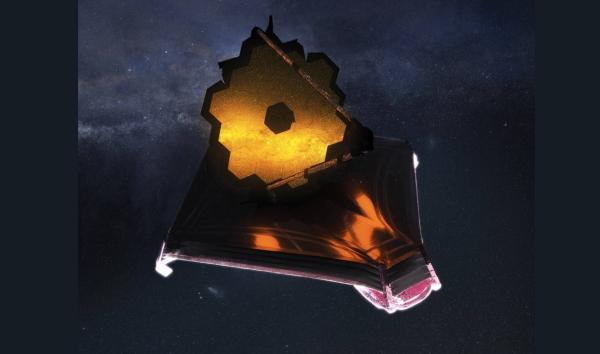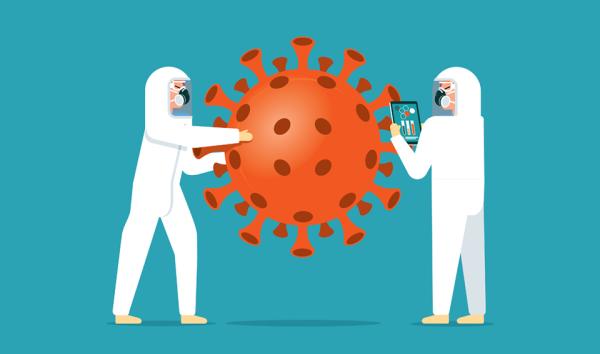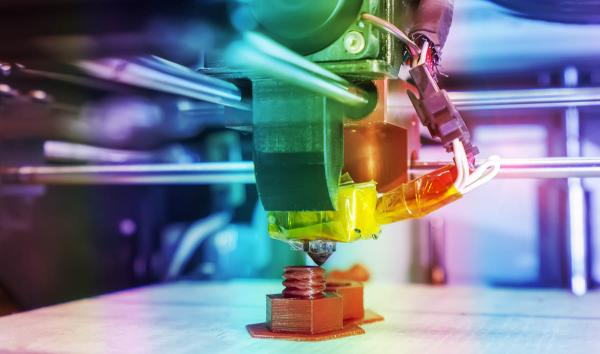Darryl N. Williams, Ph.D.

Darryl N. Williams, Ph.D.
As The Franklin Institute’s Senior Vice President of Science and Education, Dr. Darryl N. Williams oversees all aspects of the science and educational programming at the heart of the Institute’s efforts to inspire a passion for learning about science and technology.
Dr. Williams joined the Institute from Tufts University’s School of Engineering where he was Dean of Undergraduate Education and Director of the Center for STEM Diversity. With more than a decade of experience in everything from clinical research to workforce development, Dr. Williams brings not only a wealth of knowledge on science and technology learning to the Institute, but also a vibrantly interdisciplinary perspective.
While at Tufts, Dr. Williams was a leading force behind the innovative transformation of the School of Engineering’s undergraduate curriculum, an effort that began during his three-year tenure as Associate Dean for Recruitment, Retention, and Community Engagement. Under his direction, the Tufts’ Center for STEM Diversity has broadened the participation of underrepresented populations in science and engineering disciplines and produced invaluable research on evidence-based practices in this arena. Dr. Williams also spent four years with the National Science Foundation, managing a range of federal programs and research focused on STEM teaching and learning, formal and informal learning environments, and workforce development.
In 2018, Dr. Williams was appointed to serve on the NASA Advisory Council’s Task Force for Science, Technology, Engineering and Mathematics Education.
Dr. Williams earned his B.S. in Chemical Engineering from Hampton University and his M.S. and Ph.D. in Chemical Engineering from the University of Maryland, College Park. After earning his doctorate, he served as a NIH Postdoctoral Fellow in pediatric cardiology research at the Children’s Hospital of Philadelphia.
Follow him on Twitter at @dnwilli
Recent Blogs by Author

What is the James Webb Space Telescope (JWST)?
The world has seen the first breathtaking images from the James Webb Space Telescope (JWST),offering possibilities for new discoveries that will help to further explain the complexities of the universe.

Artificial Intelligence and COVID-19
Artificial intelligence (AI) is transforming the way we engage physically and digitally with the world around us.

Additive Manufacturing In A Time of Necessity
The growing pandemic caused by COVID-19 has created an unprecedented, rapid convergence between open source technology and healthcare. Makers and technologists around the world are stepping up and galvanizing forces to develop and deploy materials and equipment to meet the demands being placed on world governments to protect the general public, as well as addressing the needs of health professionals working around the clock to put a stop to the disease. But how is something like this even possible given the magnitude of the situation at hand?

